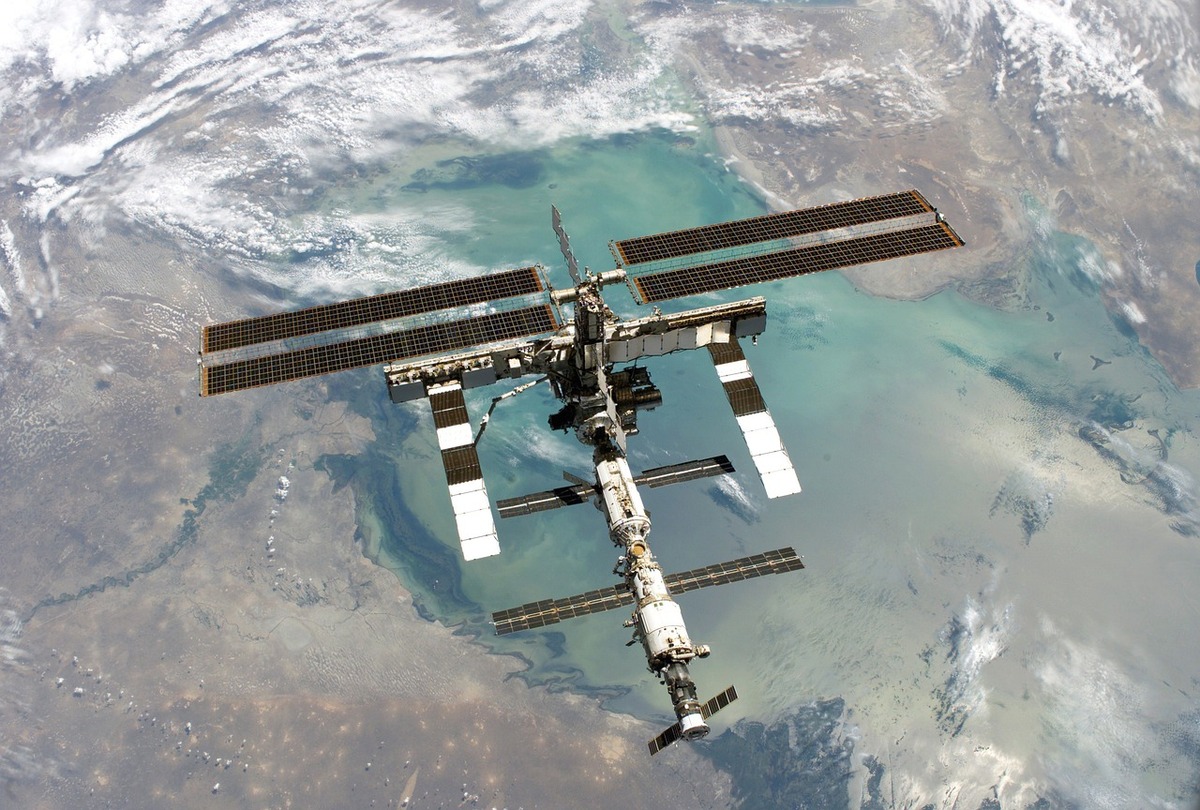Kiwi research soars to International Space Station
Staff Reporter
23 March 2024, 8:18 PM
 University project promotes space innovation. Image by WikiImages.
University project promotes space innovation. Image by WikiImages.New Zealand achieves a significant milestone as University of Canterbury research makes its way to the International Space Station, announced Science, Innovation, and Technology and Space Minister Judith Collins.
The hardware, crafted by Dr. Sarah Kessans, is engineered to function independently in orbit, enabling scientists to study protein crystallisation in microgravity.
These insights hold promise for the development of enhanced medicines and vaccines, among other applications.
Minister Collins lauds Dr. Kessans' research, stating, "It follows the recent launch of MethaneSAT, which will track and monitor global emissions from space, and demonstrates the huge potential of space to tackle some of the planet's biggest challenges as we grow our globally competitive space sector."
The launch occurred from the Kennedy Space Center at Cape Canaveral, USA, on Friday at 9:55 am New Zealand time.
It carried protein experiments from various New Zealand universities, including Canterbury, Otago, Victoria, and Waikato.
This development stems from a collaboration between the Ministry of Business, Innovation and Employment (MBIE) and US commercial space company Axiom Space, aimed at advancing space science and technology for New Zealand researchers.
Dr. Kessans' project has also received government funding through the MBIE-administered Endeavour Fund, reflecting a commitment to support space innovation and research.
Minister Collins pointed out the collaborative nature of this endeavour, highlighting the synergy between academia, government, and private enterprise in propelling scientific advancement.
"This Government is committed to developing our space sector, fostering innovation and supporting partnerships between the New Zealand research community and international space agencies and commercial collaborators," she concluded.


